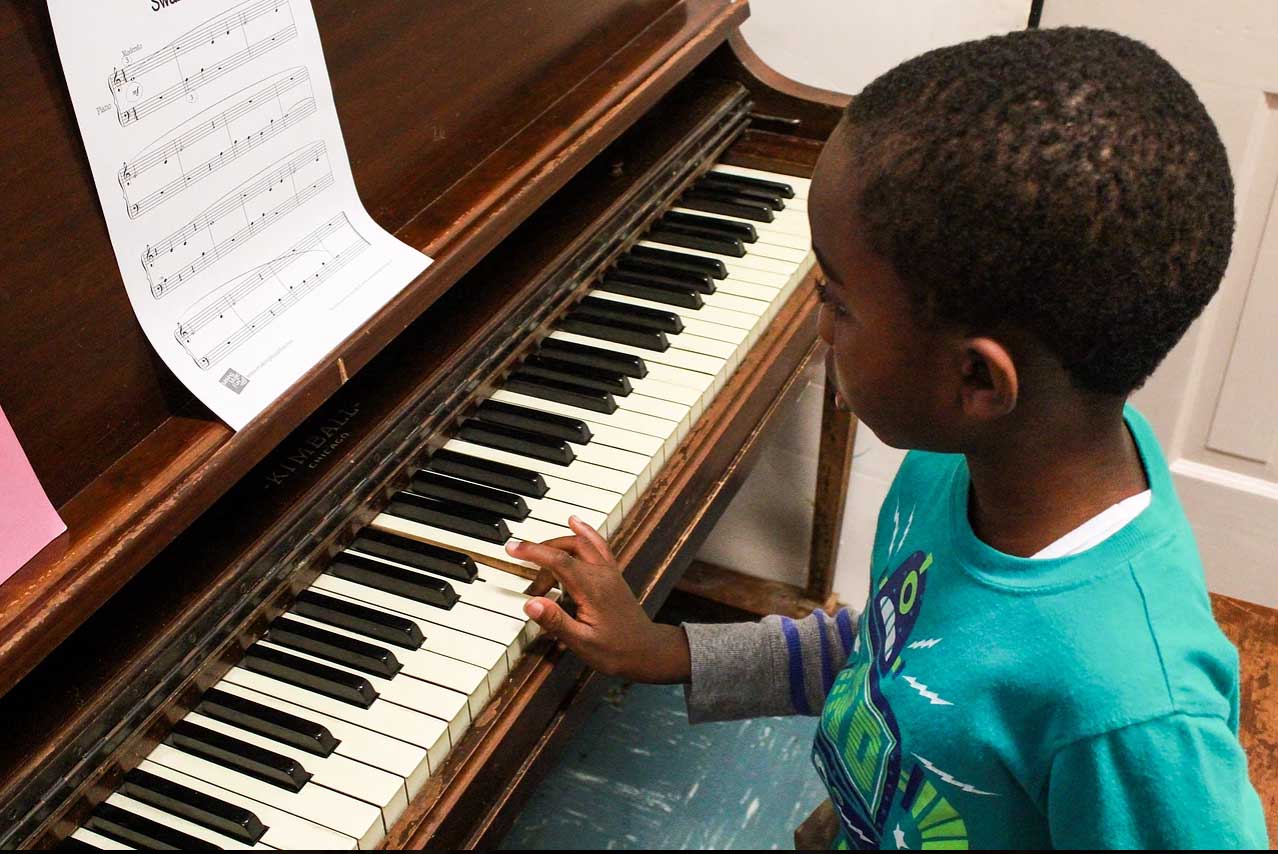 Itza Salazar-Martinez was one of seven students who participated in Triangle Bikeworks’ pilot program in 2010. Before her first excursion with the group, she was unaware that national and state parks were open to the public. Several years later, the organization was excited to hire Salazar-Martinez as its program director.
Itza Salazar-Martinez was one of seven students who participated in Triangle Bikeworks’ pilot program in 2010. Before her first excursion with the group, she was unaware that national and state parks were open to the public. Several years later, the organization was excited to hire Salazar-Martinez as its program director.
Triangle Bikeworks is a nonprofit located in Carrboro, NC, that creates fun, challenging and educational biking trips for middle school and early high school students. The program, which is geared toward serving local students of color, has benefited over 119 individuals.
Participants meet up to practice riding bikes throughout the year to prepare for their 700-mile, two-week summer cycling and camping tour. Younger students or those who want another option can sign up for weekend-long excursions that tour around the Triangle.
How Cycling Can Impact Students for Good
Through Triangle Bikeworks, students who might normally find cycling training and equipment beyond their financial reach have the opportunity to try an activity that can build personal responsibility, endurance and teamwork skills and prepare them for future success. Kevin Hicks, the founder and executive director of the program, wanted to use experiential learning to teach students skills and knowledge in a different setting outside the classroom.
“Each experience is different, said Hicks. ” Some like the ride, some like the historical aspect, some like the aspect that they are doing something that gets them out of the neighborhood. It depends on the individual. If there is anything that resonates with all of them, it’s the comradery on the road working as a team. ”
The tours focuses on cultivating an appreciation for nature as well as a better understanding of national and local history. In the past, Triangle Bikeworks has lead excursions along the Mississippi River starting in St. Louis in order to highlight some of the origins of American music. The group has also done a tour along the Trail of Tears with the intent to spark conversations about the past and present issues the nation faces. Hicks decided to focus on history because he said he saw gaps in what students are taught about history in schools today.
“The dominate history taught in school is European history,” said Hicks. ” I wanted to explore the underground railroad, and I thought the kids would too. It’s history they don’t experience in school. ”
During a two week tour, students average 55 miles of riding per day before pitching their camp at night. Once at a campsite, the participants will take responsibility for chores, talk about the day’s experiences and write a daily reflection. To make the experience more inclusive, a van follows alongside the tour in case a rider needs to take a break for physical reasons.

Expansion of Triangle Bikeworks
Due to the program’s rising success, Hicks hopes to be able to reach a total 100 students during next season’s rides. As the organization matures, they’ve needed more physical and organizational resources. They are currently seeking donations and equipment to be able to serve more youth. In terms of organizational resources, being a part of the YouthWorx building has helped them grow and refine their strategies.
“The collaboration aspect is phenomenal,” said Hicks. “We can kick around ideas with other executive directors to collaborate and learn from them. ”
